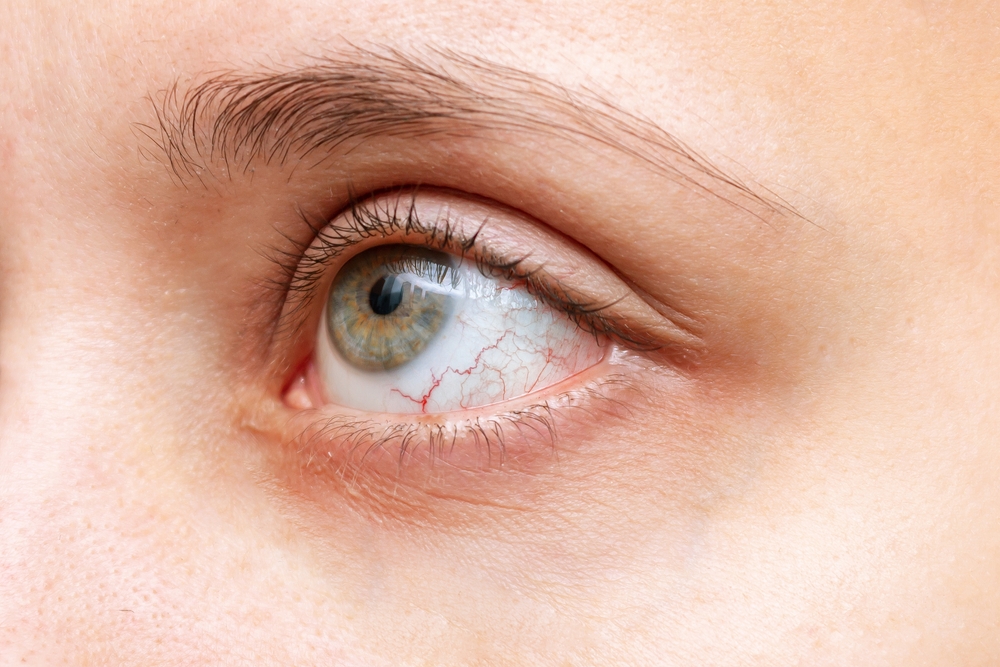
The health of your eyes depends on the delicate balance of many systems, including the nerves that supply the cornea. These nerves not only help you sense discomfort, but also trigger reflexes like blinking and tearing that protect and nourish the eye. When this system is disrupted, it can lead to serious complications that put your vision at risk. One such condition is neurotrophic keratitis, a rare but progressive disease that requires specialized care.
What Is Neurotrophic Keratitis?
Neurotrophic keratitis (NK) is a degenerative eye condition that develops when the corneal nerves become damaged or stop functioning properly. Without adequate nerve supply, the cornea loses sensitivity and its natural defense mechanisms are weakened. This leaves the eye vulnerable to dryness, injury, delayed healing, and corneal ulcers. Causes of NK may include viral infections such as herpes simplex or herpes zoster, eye surgery, long-term contact lens wear, or systemic conditions like diabetes or multiple sclerosis. If left untreated, NK can progress from mild surface damage to deep corneal ulcers and, in severe cases, vision loss.
Lubrication & Protective Therapy
The first step in treatment often focuses on protecting and hydrating the cornea. Preservative-free artificial tears and ointments provide moisture and act as a protective barrier. In some cases, therapeutic contact lenses (such as scleral lenses) are used to shield the cornea and support healing.
Growth Factor & Regenerative Eye Drops
Newer medications, such as cenegermin (a recombinant human nerve growth factor), have been approved to help regenerate corneal nerves and restore healing. This treatment represents a major breakthrough, addressing the root cause of NK rather than just managing symptoms.
Autologous Serum Tears
These specialized drops are made from the patient’s own blood serum and contain natural healing factors that promote corneal repair. They can be particularly effective in moderate to severe cases.
Anti-Inflammatory & Supportive Medications
Depending on the severity of NK, additional medications may be prescribed to control inflammation, reduce infection risk, and encourage healing.
Surgical Options for Advanced Cases
When medical therapies are not enough, surgical approaches may be necessary to preserve vision. In severe cases, partially sewing the eyelids together can protect the cornea by reducing exposure and allowing the surface to heal. This procedure is often temporary and can be reversed once the cornea is stable.
For advanced NK with significant scarring or vision loss, corneal transplantation or an artificial cornea (keratoprosthesis) may be considered. These procedures are more complex but can restore vision in patients with severe disease.
Protect Your Vision from Neurotrophic Keratitis
Neurotrophic keratitis requires careful, personalized treatment to protect the cornea and preserve vision. Thanks to advances in medical and surgical therapies, patients now have more options than ever before - from cutting-edge regenerative eye drops to protective surgeries. Early diagnosis and proactive care are key to preventing vision loss and improving outcomes.
Don’t let neurotrophic keratitis put your vision at risk. Schedule a consultation with Barry Huse OD & Associates for a comprehensive evaluation and personalized treatment plan to protect your eyes and preserve your sight. Visit our office in Tacoma, Washington, or call (253) 473-1050 to book an appointment today.







